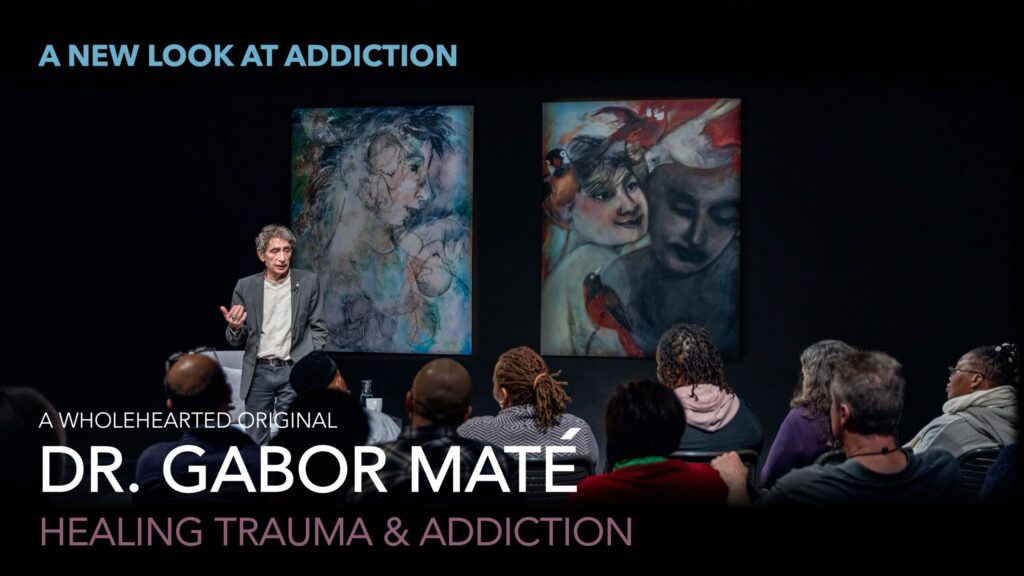
The Role of Shame
To be able to let our own guard down, we’ll need to look at the things that affect our beliefs, our perceptions, and how we think. As Gabor demonstrates, our first tendency is “shields up.” We defend ourselves. One of the ways we do that is by making assumptions, which are often wrong.
Yet those assumptions are rooted in painful experiences that have happened to us in the past. These experiences affect how we interpret what’s being said. In the first demonstration, Gabor speaks to two people who are each upset at a situation that’s occurred for them. In both cases, he demonstrates that their anger comes from choosing the conclusion that’s most painful to them, instead of another that might be a lot more sensible under the circumstances.
We choose the painful choice because of shame. All of us hold beliefs – mostly on an unconscious level – that we aren’t worthy of love, that we “aren’t enough,” that we’re an imposter. Nearly all of us hold these beliefs to some degree, and generally, the less we talk about it, the more we have it.
When we are feeling ashamed, we tend to protect and hide those parts of ourselves. This invites dishonesty and denial. Researchers on shame have found that when we communicate with others while feeling shame, we tend to do one of three things:
move toward (pleasing behaviors)
move against (get angry; come out swinging; say hurtful things)
move away (shrink down and try to disappear.
And, of course, we may lie, misrepresent, avoid, or deny the truth, because it’s too painful. Most of us do a combination of these things, but none of them are helpful.
Shame impacts people in the addicted family in different ways:
The person living with the addiction may feel shame that he’s letting everyone down, or that he can’t control his behavior, or that he doesn’t deserve the chances he’s been given, or that he’s a bad person because of the decisions he’s made.
The family member may feel like the addicted family member’s addiction is their fault. Or feel like they’ve failed because they “haven’t done enough” Or they blame and feel shame for behaviors and decisions they may have made years ago that had a negative impact.
